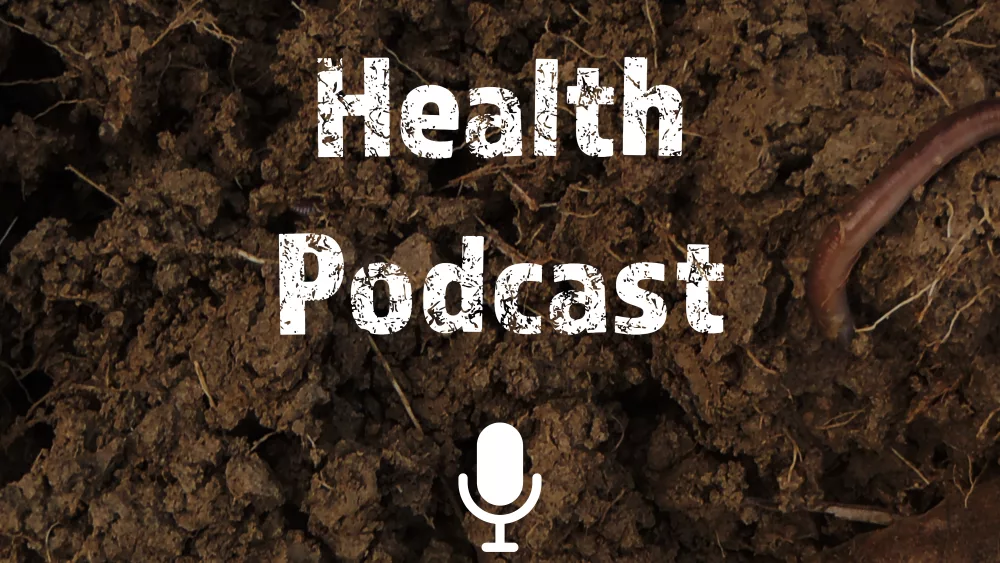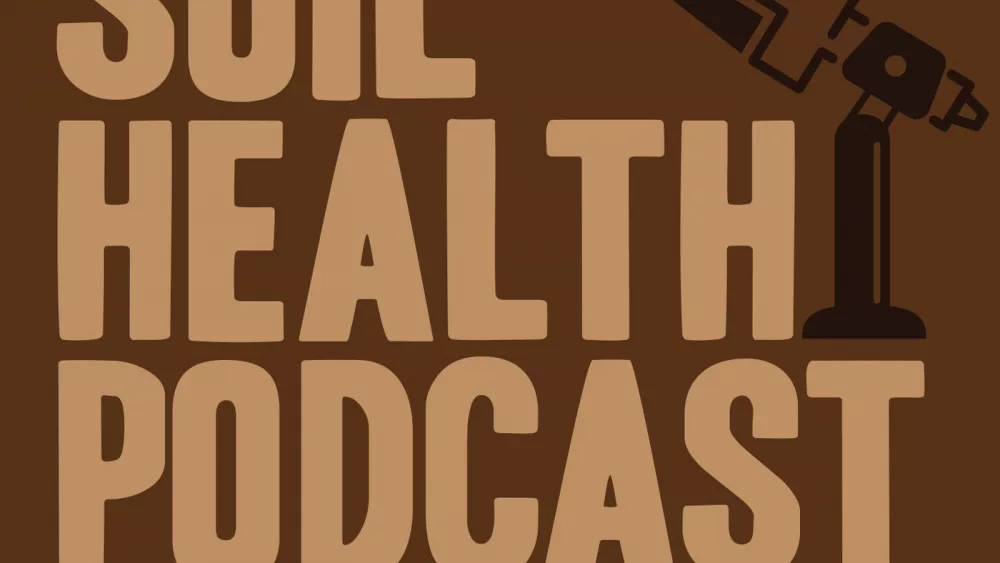On this specialty crops edition of the HAT Soil Health Podcast presented by the Conservation Cropping Systems Initiative, we discuss how watermelons, pumpkins and many other cucurbit crops rely on pollinators to move pollen from male to female flowers in order to get fruit set and ultimately yield of watermelon, pumpkins or whatever the crop.
Pollinators are often honeybees or bumblebees brought in to the field for that purpose, but pollination is also done by some of the native bees that live in our fields. The insecticides and fungicides that are used to manage pest insects and diseases in the and other crops can be harmful to pollinators and other beneficial insects.
Neonicotinoid insecticides in particular have received a lot of attention recently because of their widespread use. A multi-state research project on the effects of neonics in cucurbits is nearing its end and researchers from Purdue, Ohio and Michigan State have learned a lot about pollinators in cucurbit fields, how they are affected by neonics, and how growers can manage important pests like the striped cucumber beetle while minimizing harm to the pollinators and other beneficials.
Other work at Purdue has identified how drift from field applications can affect pollinators that feed or live around the edges of fields. Entomologists involved with the research, Professors Elizabeth Long and Laura Ingwell, and the farm manager at the Southwest Purdue Ag Center Dennis Nowaskie will share what they have learned about protecting pollinators and other beneficials in cucurbits while keeping the crop healthy and preventing yield loss from insect pests.


